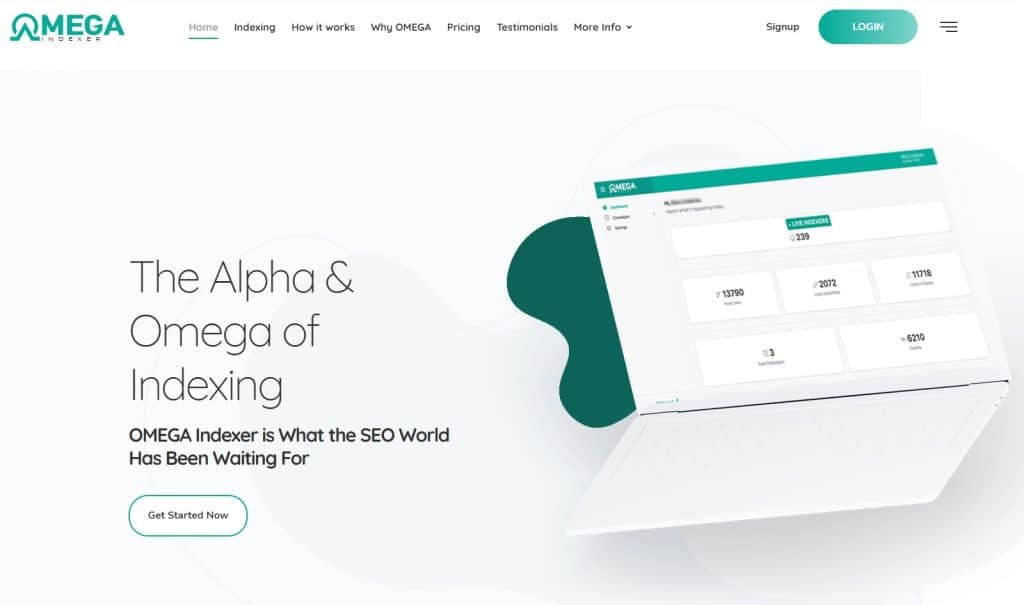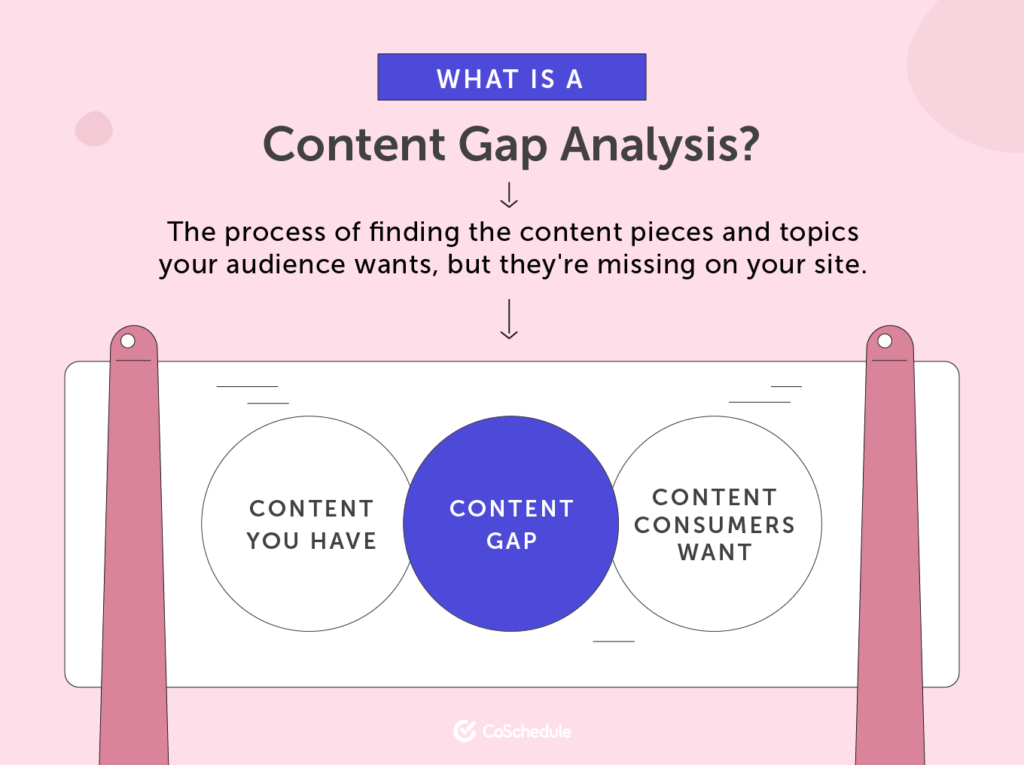Troubleshooting Crawl Budget Issues Affecting SEO
If you are experiencing crawl budget issues affecting SEO, it can be frustrating and confusing. However, there are several steps you can take to troubleshoot and resolve these issues.
Firstly, check your website’s robots.txt file. Ensure that it isn’t blocking important pages or sections of your website. You can also use Google’s robots.txt tester to identify any issues.
Secondly, analyze your website’s XML sitemap. Make sure that it is up-to-date and includes all the relevant pages that need to be indexed. Use Google’s search console to submit and monitor your sitemap.
Thirdly, reduce the number of duplicate or low-quality pages on your website. This can help improve your website’s crawl efficiency and increase the chances of important pages being indexed.
Lastly, improve your website’s page speed. Slow-loading pages can have a negative impact on crawl budget and SEO. Use tools such as Google’s PageSpeed Insights to identify and fix any issues.
By implementing these steps, you can improve your website’s crawl budget and SEO. Remember to regularly monitor and optimize your website for maximum efficiency.
Don’t Let Crawl Budget Issues Tank Your SEO: A Guide to Troubleshooting
Introduction
Hello there! Are you experiencing crawl budget issues that are negatively impacting your SEO? Well, fear not, because you’re in the right place. In this article, we’ll dive into what crawl budget is, discuss common issues related to it, and go over some steps you can take to troubleshoot and improve your crawl budget.
What is Crawl Budget?
Before we dive into troubleshooting, let’s first make sure we’re all on the same page. Crawl budget refers to the number of pages on your website that a search engine will crawl and index within a certain amount of time. Essentially, it’s the amount of attention that search engines (like Googlebot) will give your site. If your crawl budget is low, it can hurt your site’s SEO as important pages might go unnoticed.
Common Crawl Budget Issues
There are a number of factors that might be negatively affecting your crawl budget. Here are some common issues to look out for:
Dynamic URLs
If your site uses dynamic URLs, you might be at risk of crawl issues. Dynamic URLs contain characters (like ?, &, and #) that can confuse web crawlers. For example, a dynamic URL might look like this: www.example.com/pages?id=123&lang=en. To optimize your crawl budget, it’s best practice to use static URLs instead.
Too Many Redirects
Redirects can also hurt your crawl budget. If too many redirects are in place, it can cause search engines to give up on crawling your site altogether.
Duplicate Content
Duplicate content can confuse search engines, causing them to waste crawl budget on pages that aren’t actually important.
Low-Quality Pages
Pages with thin or low-quality content may not be crawled by search engines, which can negatively affect your crawl budget.
Troubleshooting
Now that we’ve identified some common crawl budget issues, it’s time to troubleshoot. Here are some steps you can take:
Conduct a Site Audit
Use a tool like Screaming Frog to crawl your site and identify any crawl issues. Look for pages with long load times, broken links, or duplicate content.
Check Your Robots.txt File
Your robots.txt file can sometimes block search engines from crawling your site. Double-check to make sure that it’s not blocking important pages or directories.
Optimize Your URLs
As previously mentioned, using static URLs can help improve your crawl budget. Additionally, make sure that each URL is unique and descriptive.
Improve Site Speed
Sites with slow load times can cause search engines to abandon crawl attempts. Speed up your site by optimizing images, minimizing code, and reducing redirects.
Conclusion
There you have it – a guide to troubleshooting crawl budget issues that could be harming your SEO. Remember to regularly conduct site audits, optimize your URLs, and improve site speed to maximize your crawl budget. By doing so, you’ll help ensure important pages are seen by search engines and that your site’s SEO remains healthy.
| HTML Tag | Heading |
|---|---|
| <h2> | Troubleshooting Crawl Budget Issues Affecting SEO |
| HTML Tag | Heading |
| <h3> | What is crawl budget? |
| <h3> | Why is crawl budget important for SEO? |
| <h3> | How to check crawl budget issues? |
| <h3> | How to solve crawl budget issues? |
| <h3> | Best practices to optimize crawl budget |
About Troubleshooting Crawl Budget Issues Affecting SEO
If your website’s crawl budget is low, it can negatively affect your SEO efforts. Troubleshooting crawl budget issues can help improve the crawlers’ ability to discover and index your website.
FAQs:
1. What is crawl budget?
Crawl budget refers to the maximum number of pages that a search engine bot can crawl on a website within a given time period.
2. What are the causes of crawl budget issues?
Crawl budget issues may arise due to factors such as a large number of low-value pages or pages with issues that prevent them from being indexed (e.g. duplicate content, broken links, etc.).
3. How can I check my website’s crawl budget?
You can check your website’s crawl budget via Google Search Console, under ‘Crawl Stats’.
4. How can I improve my website’s crawl budget?
You can improve your website’s crawl budget by optimizing your site structure, reducing page load times, fixing broken links, and other technical optimizations.
5. Is there a way to prioritize pages for crawling?
Yes, you can use the ‘priority’ attribute in the XML sitemap or add precedence tags (e.g. ‘canonical’ tags) on pages that are crucial to your website’s overall performance and SEO strategy.
Article:
As a website owner or SEO specialist, you may have heard about crawl budget issues affecting your website’s performance in search engine results pages (SERP). In this article, we will explain what crawl budget is, why it matters for SEO, and how to troubleshoot issues related to it.
Crawl Budget: What is it and Why Does it Matter?
Crawl budget is the number of pages search engines will crawl and index on your website within a given timeframe. This can be affected by a number of factors such as website size, server speed, and website architecture. When search engines visit your site, they allocate a certain amount of resources to crawl your pages. If your website has a large number of pages that are low-quality or have duplicate content, search engines may treat those pages as less important and allocate fewer resources to them. In turn, these pages may not be indexed or appear lower in SERP rankings.
Why is crawl budget important for SEO? Ensuring that search engines crawl and index your website effectively can affect a variety of SEO factors. For instance, it can help to improve website visibility, boost rankings, and increase traffic to your pages. Conversely, crawl budget issues can cause pages to be ranked lower or not appear in SERPs at all, resulting in lower traffic and potential revenue.
Troubleshooting Crawl Budget Issues
If you suspect that your website is experiencing crawl budget issues, there are several steps you can take to troubleshoot the problem. Here are a few methods to consider:
1. Analyze crawl stats: Use tools such as Google Search Console or Bing Webmaster Tools to check your crawl stats. These tools will give you valuable information about how search engines are crawling your site, including the number of pages crawled per day, the total number of pages indexed, and the crawl rate.
2. Optimize website architecture: Ensure that your website architecture is optimized for search engines. This can include using a clear and concise URL structure, avoiding duplicate content, and ensuring that your website is easy to navigate.
3. Improve website speed: Crawl budget can be affected by server speed and website load time. Optimize your website for speed by minimizing HTTP requests, compressing image files, and using a content delivery network (CDN).
4. Eliminate low-quality pages: Remove low-quality or spammy pages from your website. These pages can negatively affect your crawl budget and may cause search engines to view your site as less trustworthy or authoritative.
By following these steps, you can troubleshoot crawl budget issues affecting SEO and improve your website’s performance in SERPs.
Reference URLs:
1. Moz – What is Crawl Budget
2. Search Engine Land – How to Improve Crawl Speed

One of the Top SEO Consultants In Bangladesh. In 7 years of my career, I have worked with more than 80 brands & uncountable love from my SEO clients. To provide SEO service I have an in-house SEO team.




